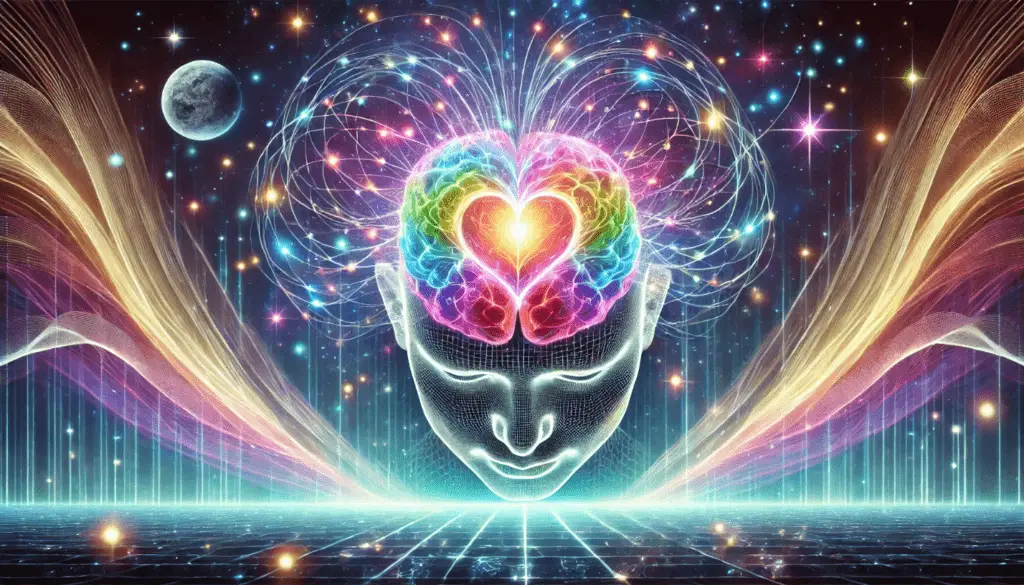In a world that often emphasizes what we lack, gratitude is the quiet reminder of all we already have. It’s a simple yet profound practice that rewires how we experience life, shifting our focus from scarcity to abundance. But what about gratitude that makes it so powerful in our pursuit of happiness?
The Science of Gratitude and Happiness
Psychologists and neuroscientists have extensively studied gratitude, and the findings are compelling. Gratitude activates the brain’s reward system, releasing dopamine and serotonin—the “feel-good” chemicals. Regularly practicing gratitude rewires neural pathways, making us more resilient to negativity. Over time, this enhances our overall sense of well-being and happiness.
Moreover, gratitude reduces stress, improves relationships, and boosts physical health. Studies show grateful people have lower blood pressure, more muscular immune systems, and better sleep. Happiness, it seems, isn’t just in our minds; it’s deeply connected to our bodies.
Gratitude as a Daily Practice
The beauty of gratitude lies in its accessibility. Unlike material possessions or external achievements, gratitude is a mindset that doesn’t depend on circumstances. Here are a few simple ways to cultivate gratitude daily:
- Gratitude Journaling: Spend a few minutes each day writing down three things you’re grateful for. They can be as big as a life milestone or as small as a morning cup of coffee.
- Expressing Thanks: Take the time to thank someone through a text, a call, or a handwritten note. Expressing gratitude strengthens relationships and brings joy to both the giver and the receiver.
- Mindful Moments: Pause during the day to appreciate your surroundings. The warmth of the sun, the sound of laughter, or even the stillness of a quiet moment can be powerful reminders of life’s gifts.
Gratitude as a Happiness Multiplier
Happiness doesn’t come from having it all but from appreciating what we have. Gratitude shifts our perspective, helping us recognize the blessings in our lives instead of chasing the illusion of “more.” This shift cultivates a deep sense of contentment—a feeling that is at the core of lasting happiness.
When we embrace gratitude, we stop waiting for happiness to arrive “someday.” Instead, we realize that happiness has been here all along, waiting for us to notice it.
Conclusion
Gratitude isn’t a fleeting emotion—it’s a transformative practice. It reminds us that life’s treasures are often found in the ordinary moments we might otherwise overlook. We unlock the door to a richer, more joyful existence by embracing gratitude.
So, take a moment today. Breathe deeply, look around, and ask yourself: What am I grateful for now? The answer might be the key to your happiness.

